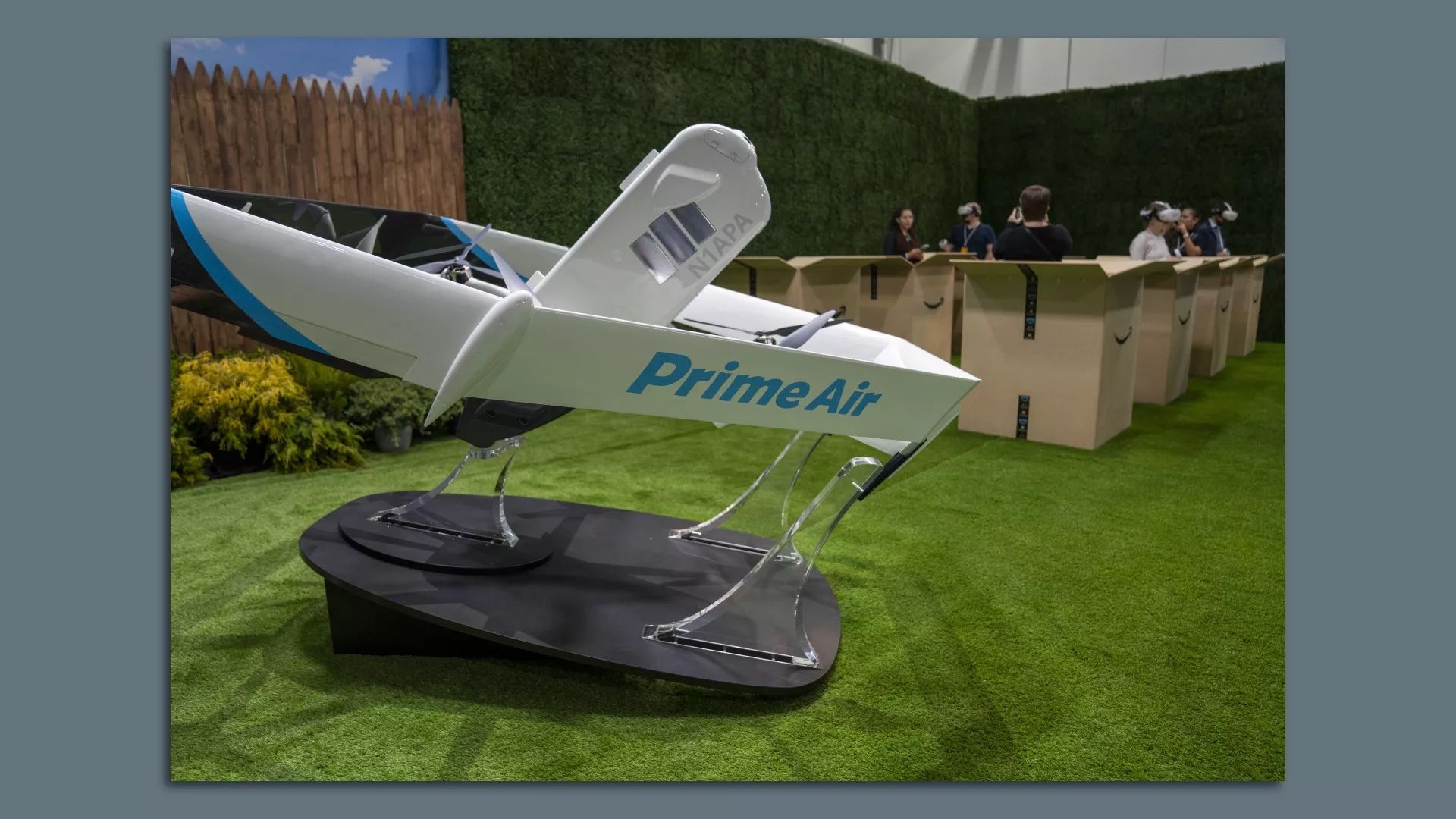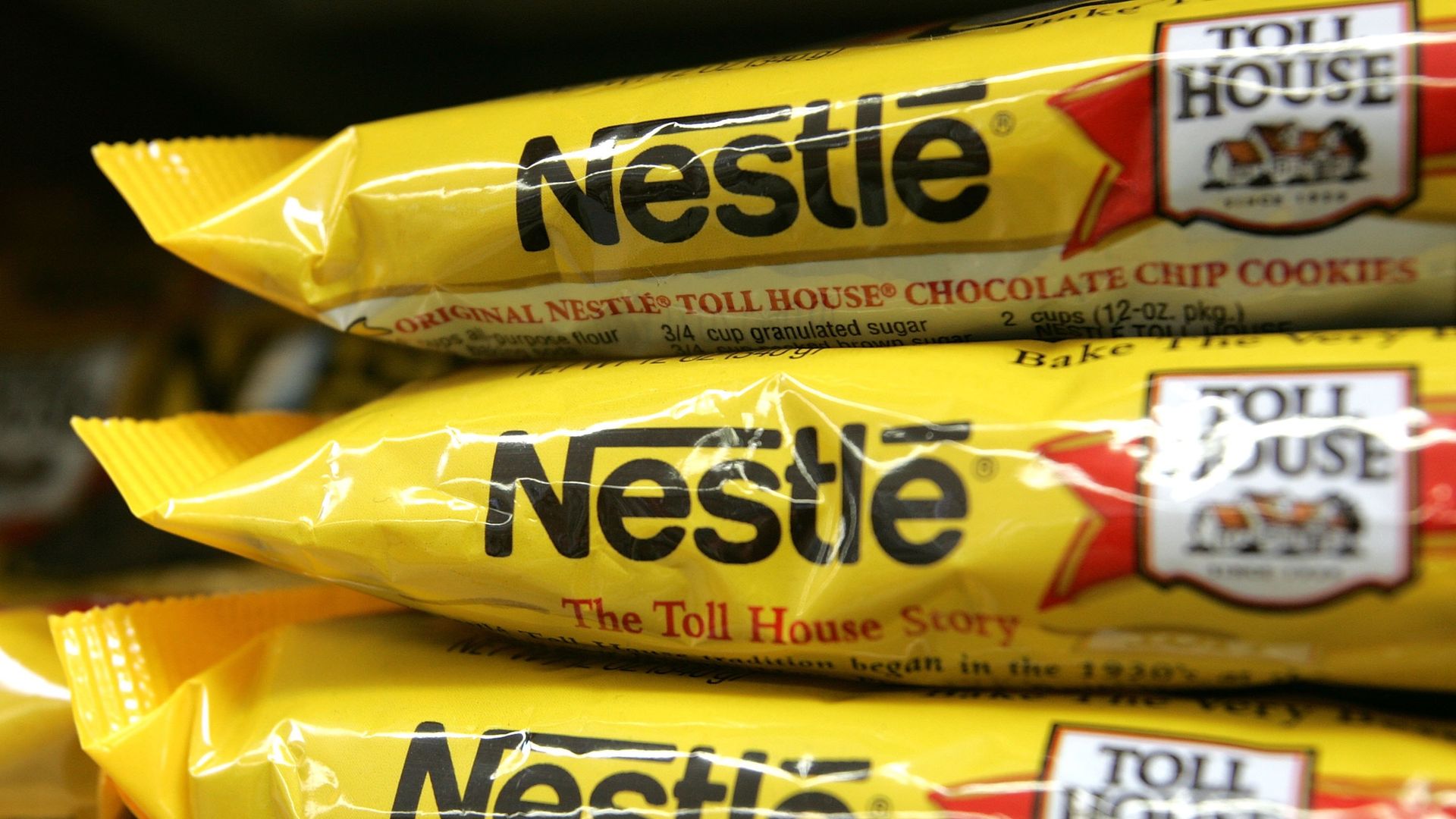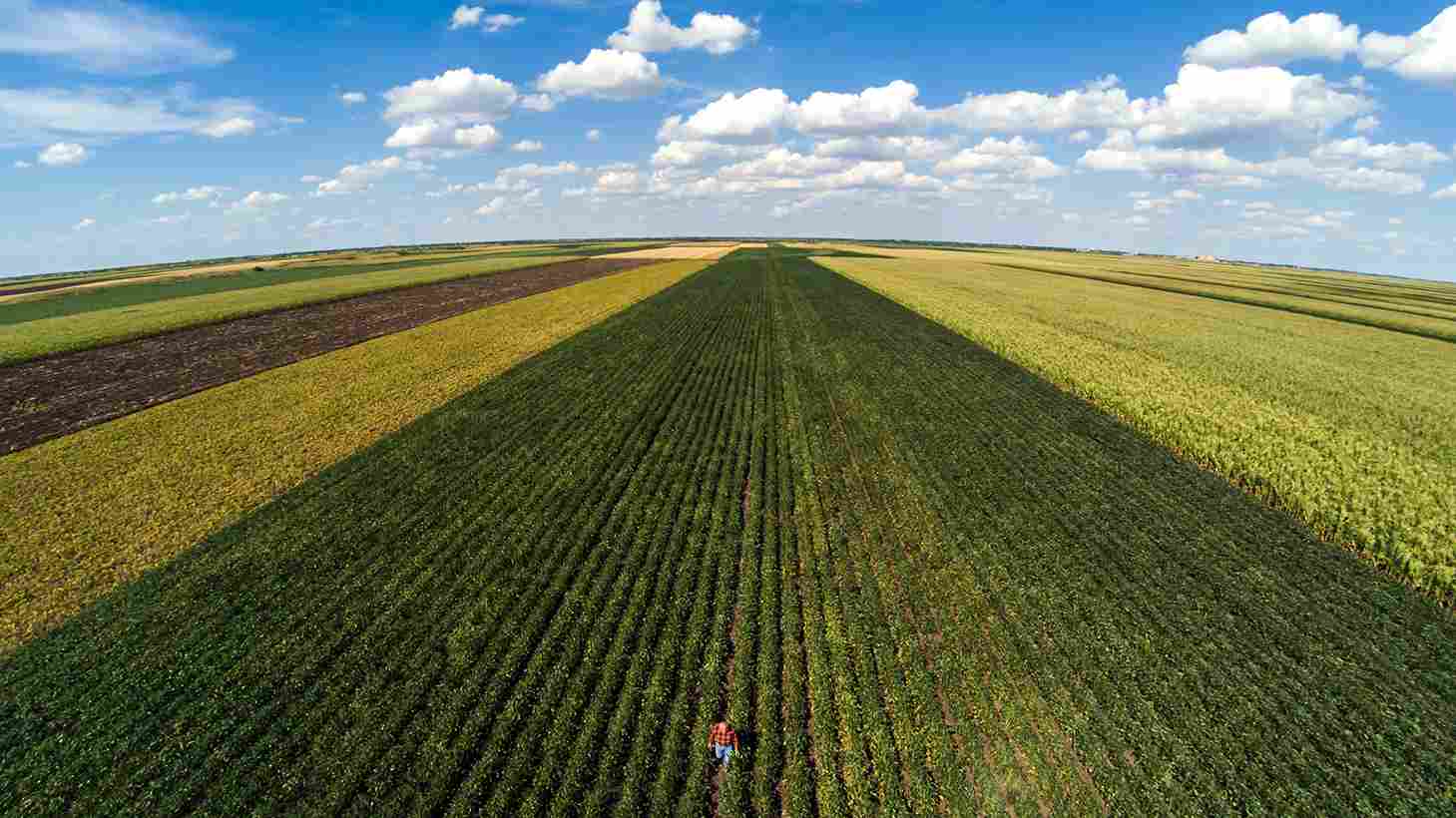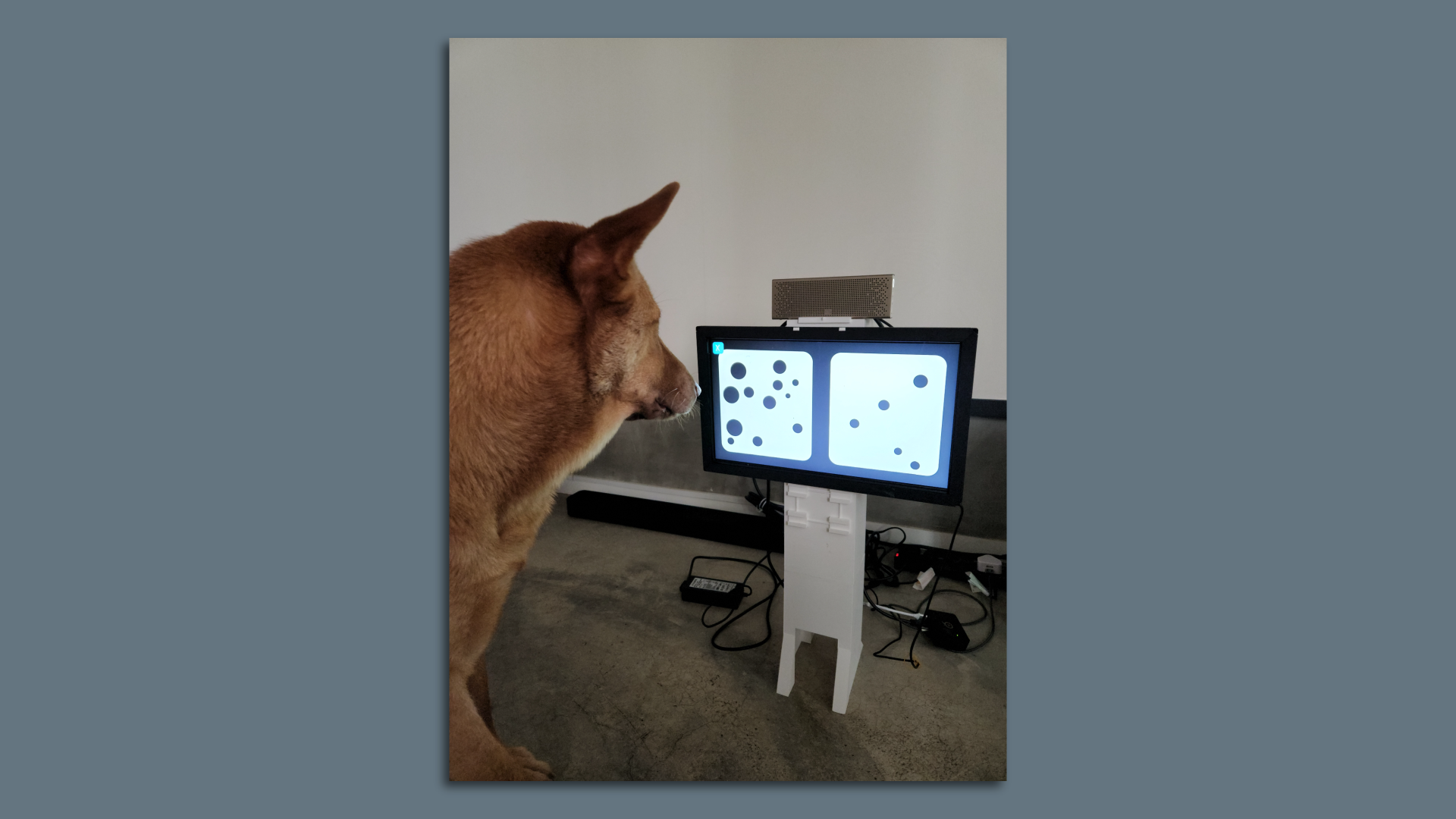| | | | | | | Presented By Environmental Defense Fund | | | | Axios What's Next | | By Joann Muller, Jennifer A. Kingson and Alex Fitzpatrick · Nov 28, 2022 | | If Amazon has its way, 80-pound drones could one day be whizzing around major cities delivering 5-pound packages. Joann explains how it could work. Today's newsletter is 1,137 words ... 4 minutes. | | | | | | 1 big thing: Amazon has a new drone for 30-minute urban deliveries |  | | | At a media event, Amazon showed off its new drone and gave reporters VR goggles to see how it will work. Photo: M. Scott Brauer/Bloomberg via Getty Images | | | | As Amazon prepares to debut its long-delayed Prime Air drone delivery service, it's also showing off a smaller, quieter drone that will be ready in 2024 — and could be making regular deliveries in major cities by the end of the decade, Joann Muller reports. Why it matters: Consumers want their stuff fast, and under Amazon founder Jeff Bezos' vision, they could get it delivered in as little as 30 minutes while helping the environment by taking CO2-emitting trucks off the street. - But a host of technical and regulatory hurdles stand in the way, which is why drone deliveries in the U.S. are progressing slowly.
Driving the news: Amazon showed off its next-generation drone at a recent event near Boston to highlight the future of delivery. - The 80-pound hexagon-shaped aircraft, about 5½ feet in diameter, is nimble enough to make deliveries in highly populated areas such as Boston, Atlanta and Seattle.
- It'll be more capable and less intrusive than the model Amazon is using in its Prime Air service, which will begin in two markets — Lockeford, California, and College Station, Texas — in the coming weeks.
- By the end of the decade, the company's goal is to deliver 500 million packages a year by drone in cities, Amazon Prime Air vice president David Carbon told reporters.
Details: The new aircraft, dubbed MK30, has a longer range and can fly in more types of weather — including light rain — than the drone it'll use in the near term. - Thousands of items could be eligible for drone delivery as long as they fit in one box and weigh less than 5 pounds total.
How it works: Joann donned virtual reality goggles at a recent Amazon media event to see how the service would work: - An Amazon employee loads a shoebox-shaped package into the drone and secures it before stepping away.
- The drone takes off vertically, using six propellers.
- Once in the air, the drone rotates to a forward position and flies at up to 50 mph.
- Upon arrival, the drone descends, scans the area to make sure it's clear, then drops the box from a height of about 12 feet.
Of note: Amazon says that special sturdy packaging will protect fragile purchases. But other drone delivery services lower the bundle with a tether or parachute. - Either way, customers aren't allowed to stand under the drone.
Read the full story. |     | | | | | | 2. Scooplet: Nestlé to debut plant-based chocolate chips |  | | | These classic morsels aren't plant-based, but Nestlé says its new ones will be. Photo: Justin Sullivan/Getty Images | | | | Nestlé plans to introduce plant-based Toll House morsels, making it easier for vegans to enjoy homemade chocolate chip cookies, Jennifer A. Kingson reports. Why it matters: Despite tough times for plant-based meat, major food companies are still bullish on the plant-based category, which has particular appeal among younger consumers. Driving the news: As part of a broader effort to introduce more plant-based products, Nestlé's new Toll House morsels will hit shelves "potentially as early as 2023," Nestlé USA's chief strategy officer Melissa Cash tells Axios. - While Nestlé introduced a line of dairy-free morsels for people with food allergies in 2018, the forthcoming product will be positioned differently.
- "Nestlé Toll House plant-based morsels will be a brand-new product within the Toll House portfolio," the company said in a statement.
What they're saying: "Plant-based, especially for those that are trying to avoid dairy, can be one of those places where you feel like you have to compromise," Cash tells Axios. - "You think about chocolate chips and indulgence — that's a place that you don't want to compromise," she said. "So we're looking to innovate in that plant-based space... to really push out plant-based morsels."
Share this story. |     | | | | | | 3. Compostable clothes |  | | | Illustration: Natalie Peeples/Axios | | | | A growing number of clothing brands, including H&M and Stella McCartney, are "marketing biodegradable clothing that they say can be disposed of in a compost bin," Bridget Shirvell reports for Nexus Media News. Why it matters: Fast fashion has been called a "climate catastrophe," with the fashion industry accounting for up to 8% of global carbon dioxide emissions, Shirvell reports. What's happening: Brands such as Stripe & Stare, Harvest & Mill and Sustain are working with manufacturers to make sure their clothing can be safely and fully returned to the soil. - "It's not enough for the fabric to simply be made from natural fibers, such as cotton, silk and wool, to compost it," Nexus says. "Many brands treat their clothing with so-called forever chemicals to make them waterproof or stain- or wrinkle-resistant."
- Katherine Quigley of Sustain tells Nexus: "There are a lot of brands out there who say they're compostable, but they just mean they're using cotton or linen or hemp. Their dyes, the seams of every piece aren't [compostable]."
Where it stands: Until universal compost standards for textiles are developed, it's not a great idea to throw old clothes in your backyard compost pile, where dyes could leach into the ground. |     | | | | | | A message from Environmental Defense Fund | | A climate victory for all | | |  | | | | The biggest climate law in U.S. history passed, but there's more work to be done. Next steps: Discover what the new law will mean for everyone and see how EDF will ensure these climate investments deliver results. Learn more about the impact. | | | | | | 4. The growing menopause-at-work market |  | | | Illustration: Sarah Grillo/Axios | | | | Menopause — a condition that's little discussed and poorly understood — is gaining more attention from employers rethinking the health benefits they offer women, Axios' Tina Reed writes. Why it matters: Support for workers experiencing telltale symptoms — such as hot flashes, fatigue and mood swings — is becoming more essential since a disproportionate number of women left the workforce during the pandemic. - Such support dovetails with a reassessment of reproductive health benefits for younger workers prompted by the demise of Roe v. Wade.
- But it could bring tough decisions about covering treatments for hormonal changes, bone density, heart health and other symptoms associated with menopausal transition.
By the numbers: The global menopause market is expected to reach $24.4 billion by 2030, up from $15.4 billion in 2021, per a report earlier this month from Grand View Research. - Worldwide, menopause-related productivity losses can top $150 billion a year, Bloomberg reported, citing health care and life sciences at consulting firm Frost & Sullivan.
The big picture: In Australia, some of the nation's largest unions are pushing for employers to offer menstrual and menopause leave. - A growing number of companies in Europe have begun introducing menopause policies, CNN reported last month.
Read the full story. |     | | | | | | 5. Video games — for dogs! |  | | | Kawet, a mixed-breed rescue dog, deciding which side to touch on a Joipaw game. Photo by Dersim Avdar (Kawet's owner). | | | | A company called Joipaw is taking reservations for a video game system that it says will "unleash your dog's cognitive potential," Jennifer writes. - The Joipaw console will include "a dog-tailored touchscreen, a height-adjustable stand and an automated treat dispenser," plus "running interactive puzzle games that are constantly new and challenging."
- It works in conjunction with a wearable activity tracker and app.
How it works: "Dogs wear the tracker on their collar, and it sends data on their activities to the app, e.g. steps, time spent resting, playing, walking," Dersim Avdar, co-founder of Joipaw, tells Axios. - "They also play games on the console and receive treats when they're successful," he says. "We gather cognitive data in the background, which is also shown in the app."
The bottom line: Avdar hopes to build Joipaw into "Apple Health, but for dogs." |     | | | | | | A message from Environmental Defense Fund | | What's ahead for the climate | | |  | | | | The biggest climate law in U.S. history passed. The Inflation Reduction Act of 2022 includes $369 billion in funding to fight climate change — but there's more work to be done. Looking ahead: See how we're helping ensure these climate investments deliver results for everyone. Learn more. | | | | "What's Next" wouldn't be the same without the fine work of copy editor Amy Stern. Was this email forwarded to you? Get your daily dose of What's Next by signing up here for our free newsletter. |  | | Are you a fan of this email format? Your essential communications — to staff, clients and other stakeholders — can have the same style. Axios HQ, a powerful platform, will help you do it. | | | | | | Axios thanks our partners for supporting our newsletters. If you're interested in advertising, learn more here.
Sponsorship has no influence on editorial content. Axios, 3100 Clarendon Blvd, Arlington VA 22201 | | | You received this email because you signed up for newsletters from Axios.
Change your preferences or unsubscribe here. | | | Was this email forwarded to you?
Sign up now to get Axios in your inbox. | | | | Follow Axios on social media:    | | | | | |










No comments:
Post a Comment